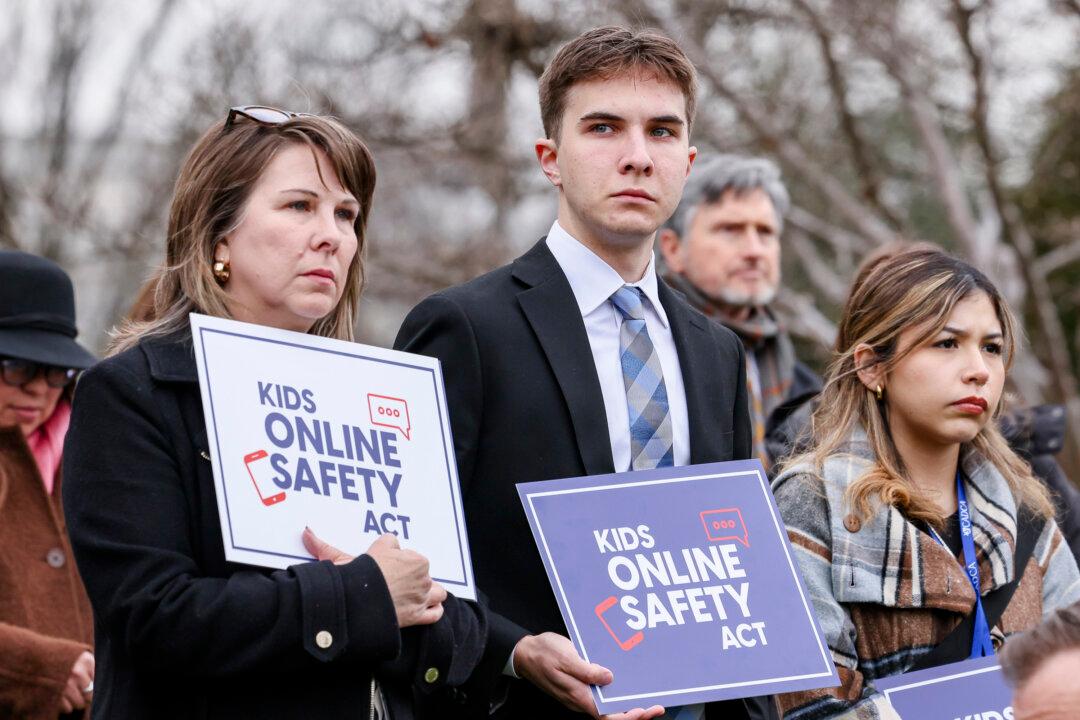Social media platform X, owned by Elon Musk, led negotiations for recent changes to the text of the proposed Kids Online Safety Act amid censorship concerns in the U.S. House of Representatives.
The measure would require social media companies to protect minor users’ personal data and limit others’ ability to communicate with them, among other safeguards.





